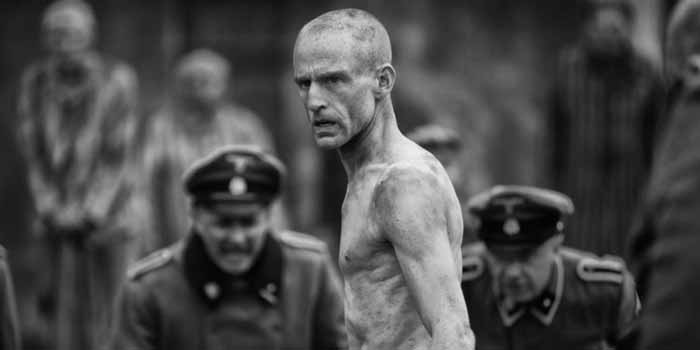
“I don’t hate Jews,” says SS Officer Dietrich Schneider in the new film “The Survivor.” “All great empires are built on the destruction of another people. And your race has been expelled from every Christian country for, what, 1,000 years?”
“For doing nothing,” says 18-year-old Hertzko Haft. “For living.”
“But you didn’t fight back,” says Schneider. “Any logical person would see this coming when Hitler rose to power. The stripping away of your rights. The humiliations. But your people refuse to save themselves.”
“I’m Polish,” says Haft. “Where were we supposed to go?”
Based on the book “Harry Haft: Survivor of Auschwitz, Challenger of Rocky Marciano,” by Alan Haft, Haft’s eldest son, the film was directed by Academy Award-winner Barry Levinson and stars Ben Foster as Harry Haft. The HBO movie started streaming on Yom HaShoah, April 27.
The film is a tribute to Harry Haft’s indomitable spirit, but it also explores the gut-wrenching moral choices concentration camp prisoners had to make, and the trauma and guilt that many lived with for the rest of their lives.
The film is a tribute to Harry Haft’s indomitable spirit, but it also explores the gut-wrenching moral choices concentration camp prisoners had to make, and the trauma and guilt that many lived with for the rest of their lives.
The film is overwhelmingly powerful, no doubt the most powerful Holocaust film since “Schindler’s List.” Between Foster’s stunning, transformative performance, the haunting music, and ominous lighting, for much of the film you feel as though you’re either in the hellhole of a camp or in the darkness that consumes Haft for the rest of his life. The inhumanity, degradation, torture — it all feels too real. When the film ended, I was shaking but also immediately thought: this needs to be seen by the general public.
That is the goal of both the director and producers. In a panel discussion after the screening at Temple Emanu-El’s Streicker Center in New York City, Levinson said: “Forty percent of college students don’t know about the Holocaust.” One of the producers is New Mandate Films, which was founded by Matti Leshem to “mine the rich depths of Jewish history, literature, and stories.”
He thinks Haft’s story has a special resonance today. “When we embarked on this journey almost five years ago, we could not have foreseen a world where antisemitism has increased so significantly … Today, the history of the Holocaust is being distorted for political and military advantage all over the world. A film that looks at the real memories of a heroic survivor underscores our commitment to remember and tell these stories lest we become vulnerable to the idea that they didn’t happen.”
Foster, whose grandmother came to the United States from Romania in the 1920s to escape anti-Jewish pogroms, said that playing the role was “a gift.”
Foster, whose grandmother came to the United States from Romania in the 1920s to escape anti-Jewish pogroms, said that playing the role was “a gift.” “It’s one thing to know about what happened,” said Foster, who lost 60 pounds for the scenes shot in the camp. “It’s another thing to touch the rails. Just surviving doesn’t mean it’s over.”
The film tells Haft’s story in the camps through traumatic flashbacks, which often arise while he is boxing in Coney Island in 1949 as the “Pride of Poland,” the Star of David emblazoned on his boxing trunks.
When a reporter asks Haft how he survived Auschwitz for six months when most didn’t survive a month, his brother says: “Don’t talk about it. Never.”
But Haft wanted to find a way to find Leah, his young love who the Nazis literally grabbed from him. He thought she might see an article about him, so he talked.
How did he survive? One day, Schneider saw Haft beating up another Nazi guard, who had been tormenting his friend. Schneider saw “potential” and took Haft to the sub-camp Jaworzno, where he taught him how to box.
When Haft finds out that he will be boxing against fellow emaciated Jews as part of a gladiatorial spectacle for the amusement of the Nazis, he asks: “Do I have a choice?”
Schneider responds: “There’s always a choice.” But the alternative would have been going back to Auschwitz to be gassed.
Throughout the fights, the Nazis yell: “Jew animals!” When his first defeated opponent is shot after the fight, Haft turns furiously to Schneider, who says: “What would you prefer: a bullet or the gas?”
Haft tells the reporter about a prisoner who lost his cap. If you didn’t have a cap when you lined up outside, you were shot. So he took a cap that was in the barracks. Another prisoner comes in looking for his cap. Not finding it, he goes outside, capless. An immediate gunshot follows. “Was he wrong to take it?” Haft asks. “These are the choices we made every day. Choices made while we were starving, when our gums were bleeding.”
The article — titled “At What Cost Survival: Boxing for the Nazis” — did not go over well at the Union of Polish Jews in Brooklyn. As his brother predicted, he was spat on and called a “traitor.”
But the article does get him a fight with boxing legend Rocky Marciano. Danny DeVito plays Marciano’s Jewish trainer, Charlie Goldman, who ends up helping Haft. “You know I want to win,” Haft tells him. “Boychik, I’m just giving you a chance to lose with a little dignity,” says Goldman.
At lunch after a training session, Goldman tells Haft that he’s eating ham. “That’s ok,” says Haft. “God doesn’t pay much attention to me anyway.”
During the brutal fight with Marciano, Haft has continual flashbacks of Leah. He completely loses focus and takes the punches almost like he wanted Marciano to kill him, to finally end the pain. It’s his final fight.
The film’s production was aided by a team at the USC Shoah Foundation, who provided detailed historical consulting in addition to access to a testimony by Haft, filmed in 2007 and preserved within the USC Shoah Foundation’s Visual History Archive.
In Haft’s quest to find Leah, he befriends Miriam at the local Jewish agency. One day, Miriam brings him to the synagogue, but he refuses at first to go inside. He tells Miriam that the Nazis grabbed his sister’s baby right after she had just given birth. “It’s easy to find God in a synagogue,” he tells her. “But where was God when they threw that baby in the back of a truck?
“Why does God ask so much of us?” Indeed.
He and Miriam eventually get married, have three kids, and six grandchildren. Did he win, or just survive with a little dignity?
At the end of the film, his sister-in-law sings “God Bless America” in Yiddish. It’s a poignant scene. The song was written by Irving Berlin in 1918, when America became a haven for persecuted Jews.
Today, attacks on Jews are up 400 percent in NYC alone; blatant lies about Israel abound in universities, the media, even Congress. The left has formalized an ideological erasure of Judean identity. “Globalize the Intifada” is taking hold as the new woke mantra.
Are Jews not fighting back, again?
Karen Lehrman Bloch is editor in chief of White Rose Magazine.








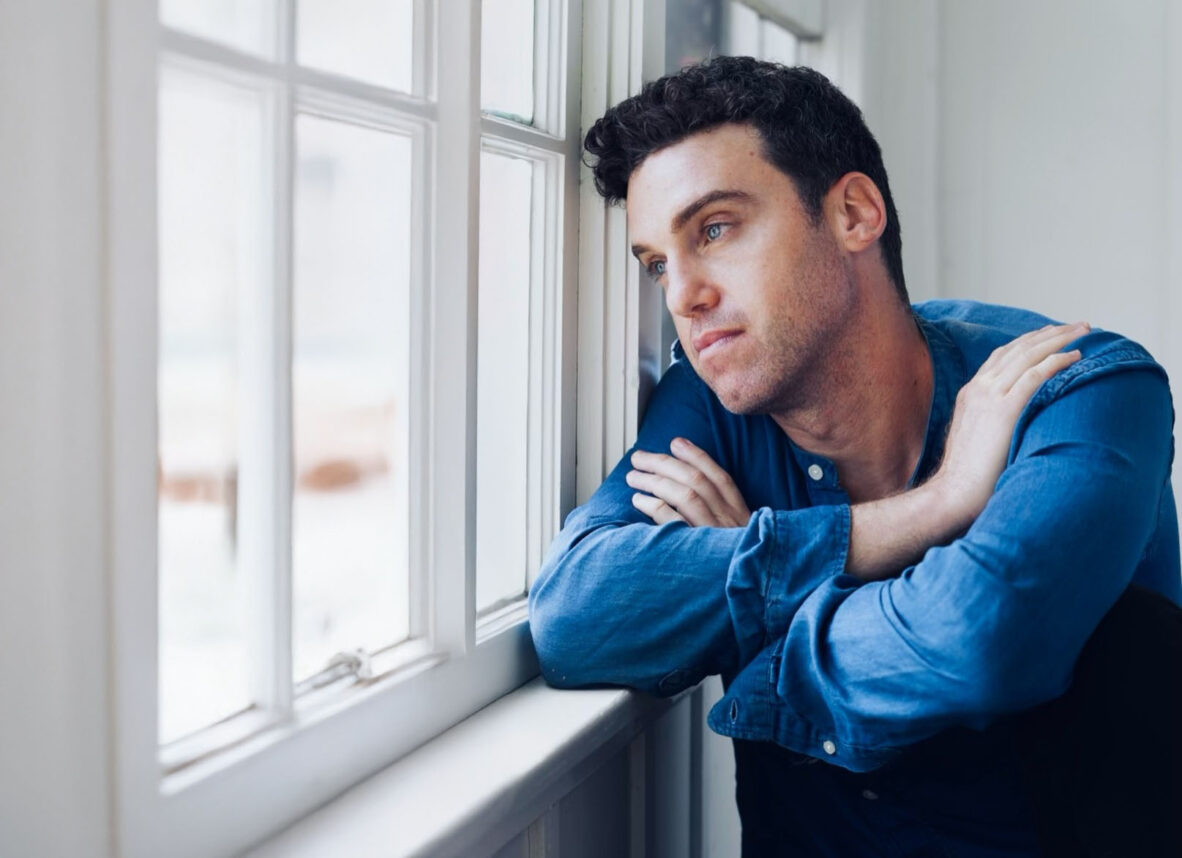



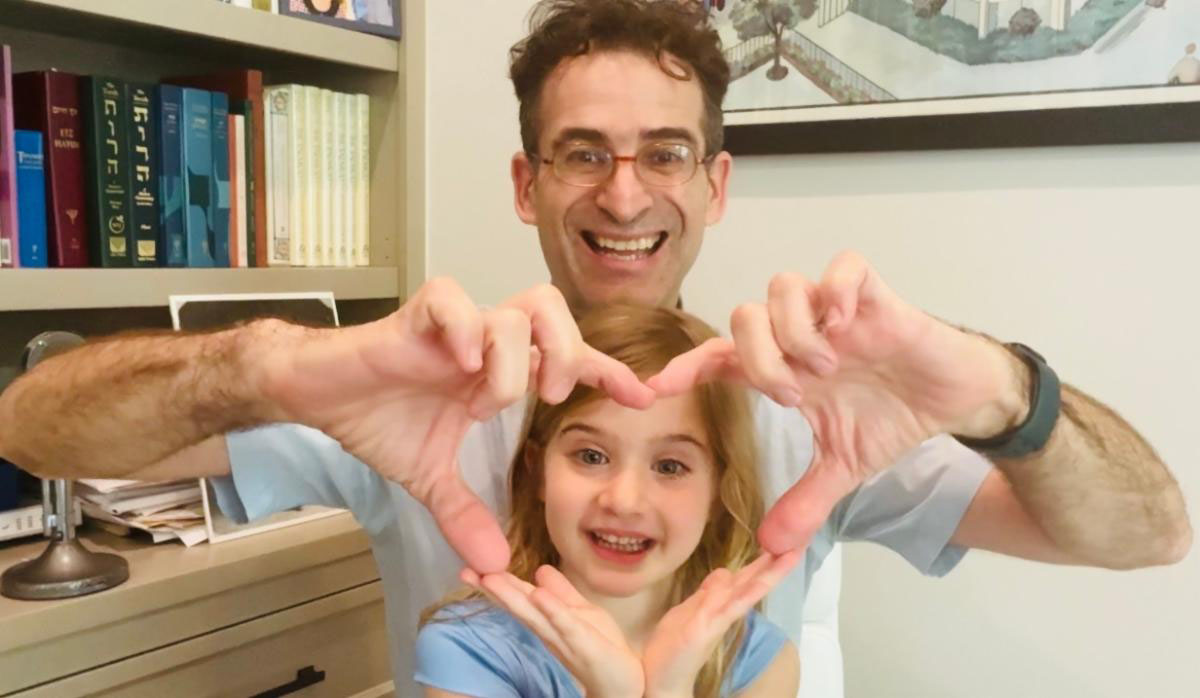
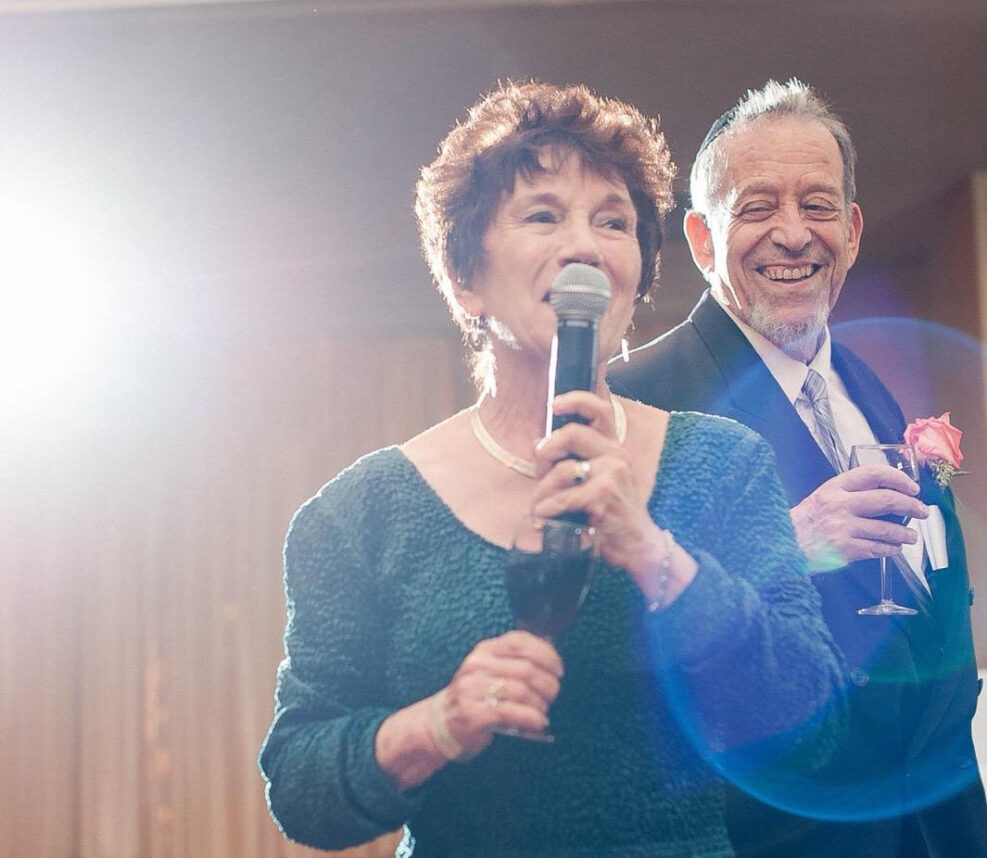

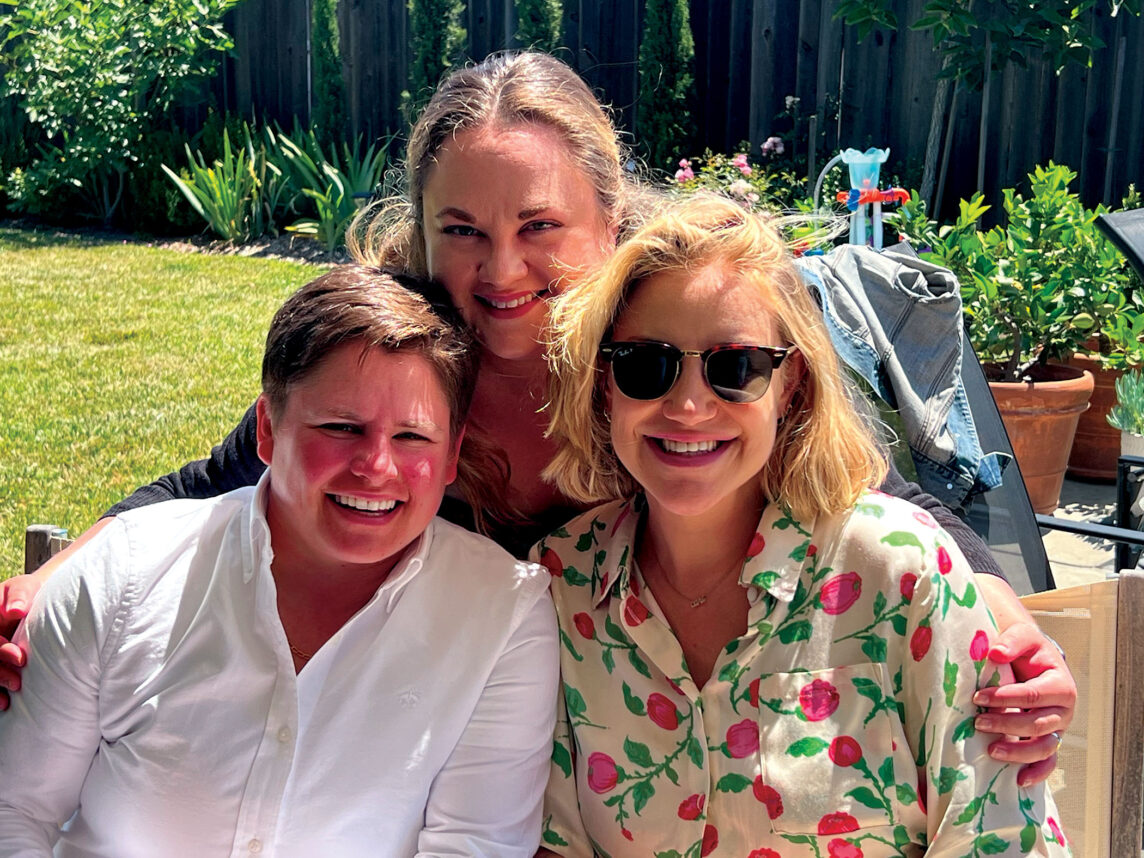
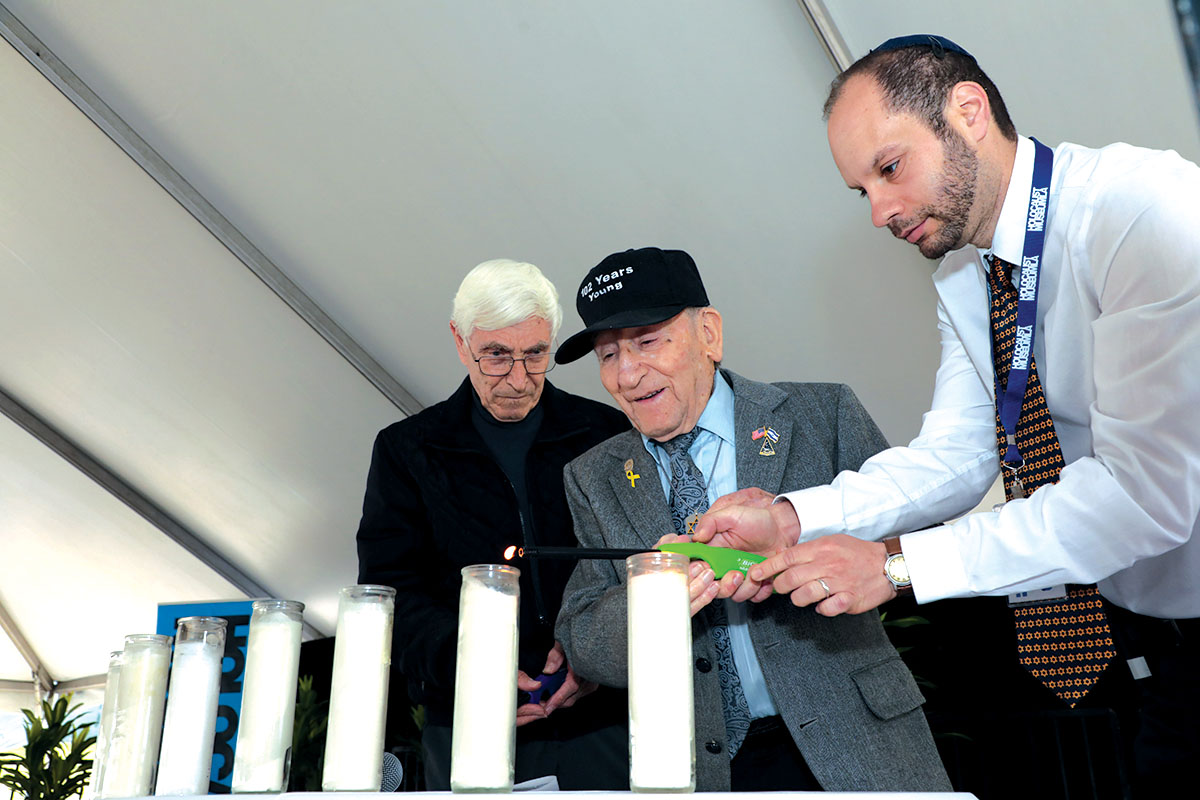
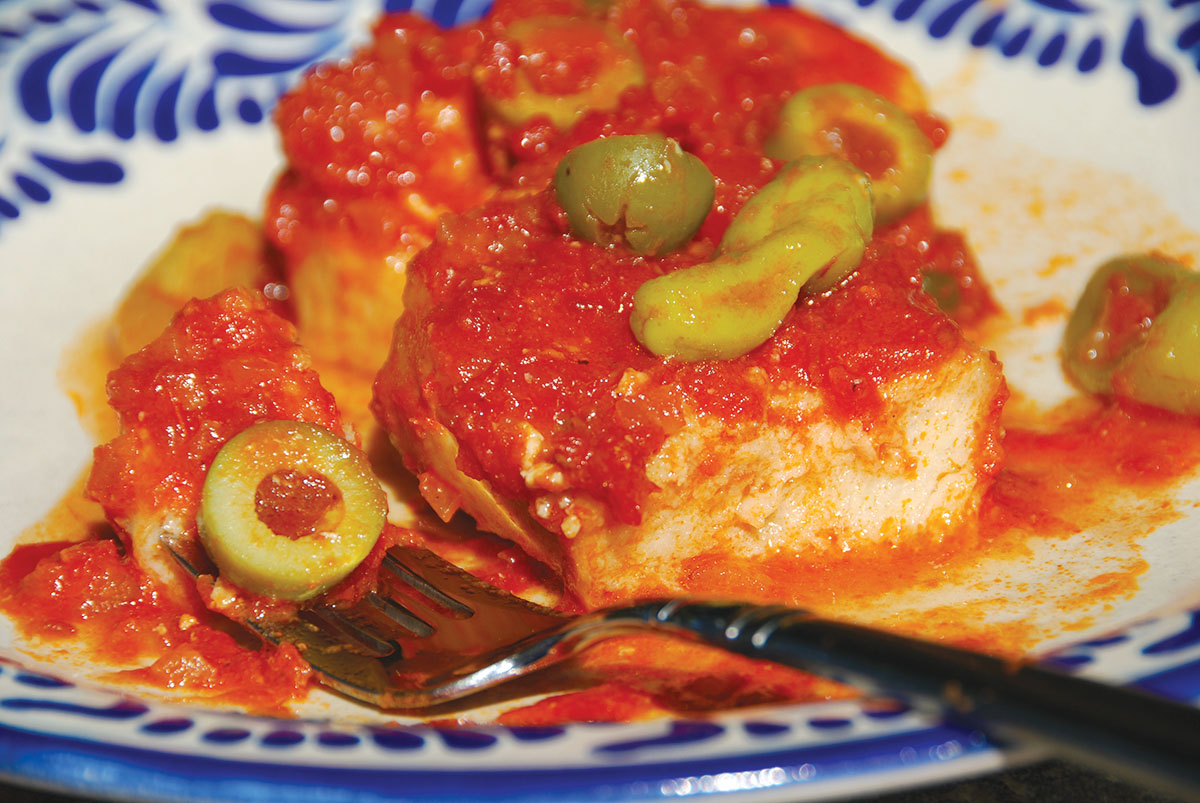



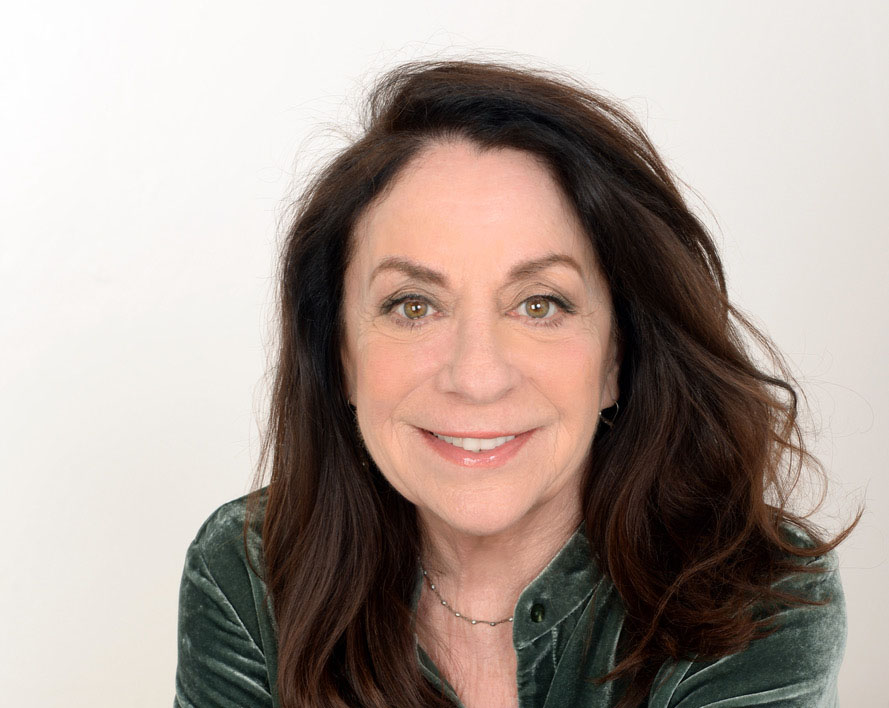


 More news and opinions than at a Shabbat dinner, right in your inbox.
More news and opinions than at a Shabbat dinner, right in your inbox.